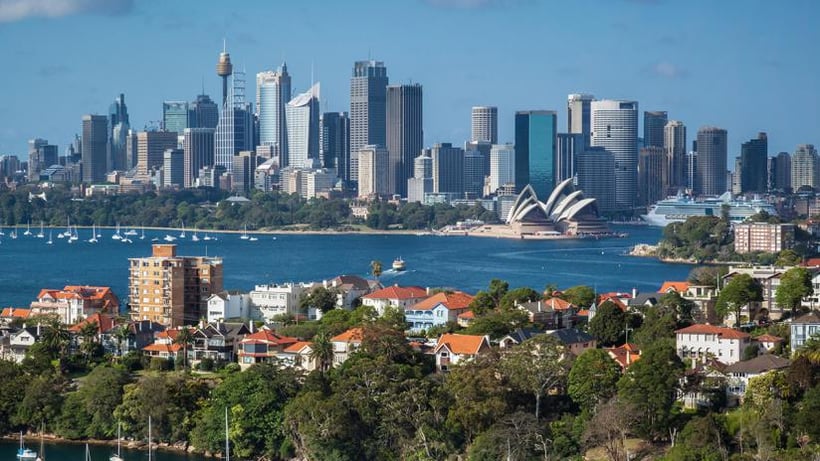
New South Wales Premier Gladys Berejiklian announced that the latest COVID-19 stay-at-home orders for New South Wales would remain in place until July 16. This is a one-week extension of the existing order which has been in place since June 26.
The announcement comes with limited changes from the original order and stay-at-home restrictions continue to vary depending on where in New South Wales you are located. In the Greater Sydney area, including the Blue Mountains, Central Coast, Wollongong and Shellharbour, stricter restrictions continue compared to rural New South Wales.
Restrictions for Greater Sydney
Residents of the Greater Sydney area must continue to stay at home unless they have a reasonable excuse to leave which includes shopping for essential items, care and compassionate reasons, exercise (in groups less than 10) and work or education that cannot be conducted remotely. Resident of rural New South Wales are being advised not to enter Greater Sydney.
Other restrictions for the Sydney area include:
-
Food and drink premises, pubs and registered clubs must close except for takeaway service
- As of June 28, you are not allowed to leave your home or enter Greater Sydney to hold or attend a wedding
- Funerals can continue to take place with a capacity limit of 100 people
- Businesses that provide services to vulnerable people (e.g. food banks, homeless shelters) can remain open but must follow all public health orders
Restrictions for Rural New South Wales
In rural New South Wales, businesses are permitted to have 25 people on-site or one person per 4 square metres of the premises, whichever is greater. Restaurants, pubs and nightclubs and other businesses that serve alcohol are permitted to only serve alcohol for consumption to seated patrons. This includes both indoor and outdoors.
Restrictions for the entire state of New South Wales
Across the entire state, face masks must be worn in all indoor areas of non-residential premises - including hospitality and event venues.
All food businesses that prepare and serve food or drink for both on-site dining or takeaway services must comply with all public health orders and create a COVID-19 safety plan. The plan must be kept on the premises and be shown to local authorities (e.g. police officer, Environmental Health Officer) at their request.
It is also important to note that as of July 12, use of the Service NSW QR code will be mandatory at all workplaces and retail businesses.
As Premier Berejiklian concluded the announcement, she also cautioned that three suburbs in Sydney - Fairfield, Canterbury-Bankstown and Liverpool - all had high levels of transmission of the COVID-19 virus. As such, tighter restriction for these areas may be implemented if transmission cannot be stopped.
The Australian Institute of Food Safety will continue to monitor changes to restrictions and provide updates as they develop.




